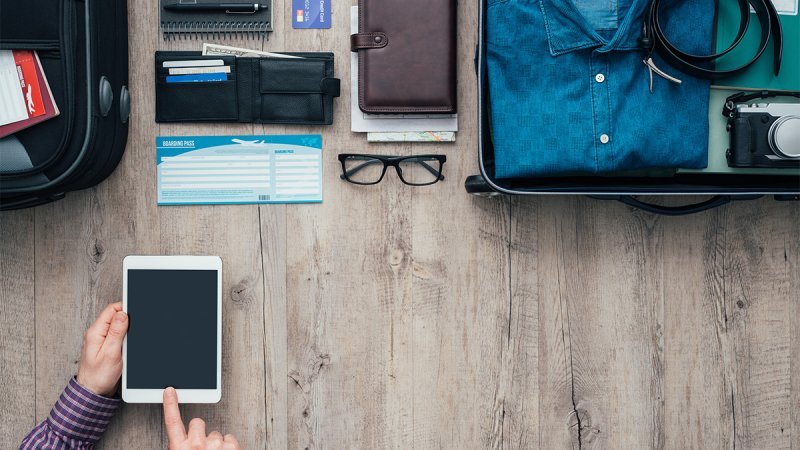Business travel is an integral part of many jobs and most employees will have to take at least a handful of business trips during their career.
Just as when they’re office-based, employers have a responsibility to make sure their travelling employees stay safe and healthy. Despite 86% of employers being unaware that they’re necessary, conducting a pre-travel risk assessment is important. It needs to cover all foreseeable issues the employee may run into before or during their trip, including mode of transport, itinerary and destination.
Knowing the Risks
Whether the trip is within the UK or overseas, the risks involved will change depending on the circumstances and the duration of the trip.
Pre-travel – Each country will have different rules about visas and the necessary vaccinations needed to enter. As some visa applications can take a considerable amount of time, this is something that ideally needs to be looked at many months before the trip takes place.
Training your employees on travel safety has huge benefits. Whilst 8 in 10 travellers reported fearing for their safety at some point in their travels, only 4 in 10 said they had researched crime and safety standards in the country they were visiting. Completing a suitable training course and following up with destination-specific research could mean the difference between a safe, healthy trip and falling victim to crime or an avoidable health issue.

Mode of Transport and Itinerary – It’s no secret that cars, trains and planes can all be dangerous in some circumstances, and there’s no getting away from the fact that an employee travelling abroad (or for extended periods in the UK) is going to face risks related to their chosen mode of transport.
Only 23% of travellers consider road conditions abroad before their trip, despite this being one of the major risks. Even a simple issue such as being unfamiliar with driving on the right side of the road can cause problems if it isn’t prepared for.
The itinerary should be considered carefully. If there is a likelihood of missing a connecting flight or train, the employee in question could be stranded in an unfamiliar place, putting their safety at risk.
Destination – Navigating a country you’ve never visited before can be a challenge at the best of times. Conducting research into the political, economic and cultural situations of the destination is a very wise move.
In summer 2018, dentist Dr Ellie Holman and her daughter were detained in Dubai. Ms. Holman was charged after drinking a glass of wine on her flight and therefore having alcohol in her system; it’s illegal to be under the influence of alcohol in the UAE. She was released without charge, but both she and her young daughter were detained for a month beforehand. The difference in cultural and legal expectations between the UK and some countries can be vast and needs to be treated very seriously.
Due to jetlag, tight schedules and long hours, business travellers can become rundown and this makes them more susceptible to health problems. They need to take extra care and be aware of possible health hazards. For example, in many countries visitors are advised not to drink the tap water and to use bottled water even when brushing their teeth.
Steps to Take
Studies have shown that people who travel very frequently for work are at a higher risk of poor physical health, developing mental health conditions and becoming dependent on alcohol or smoking. Although most business travellers will have a much more positive experience of corporate travel than this, it makes sense to be aware of the risks. If a particular employee has an especially large amount of business travel within their role, it may be worth considering if this can be reduced, if they would prefer to travel less; advances in teleconferencing technology have made this easier than ever.
As well as training their employees appropriately, employers should make sure that all travelling employees are insured and able to access emergency medical care when abroad. They should also be made aware of what to do in other types of emergency situations, either natural disasters or legal or political events they might be drawn into.
Staff members have a right to expect the same level of protection from their employer whilst travelling as they would when they’re sitting at their desks.


